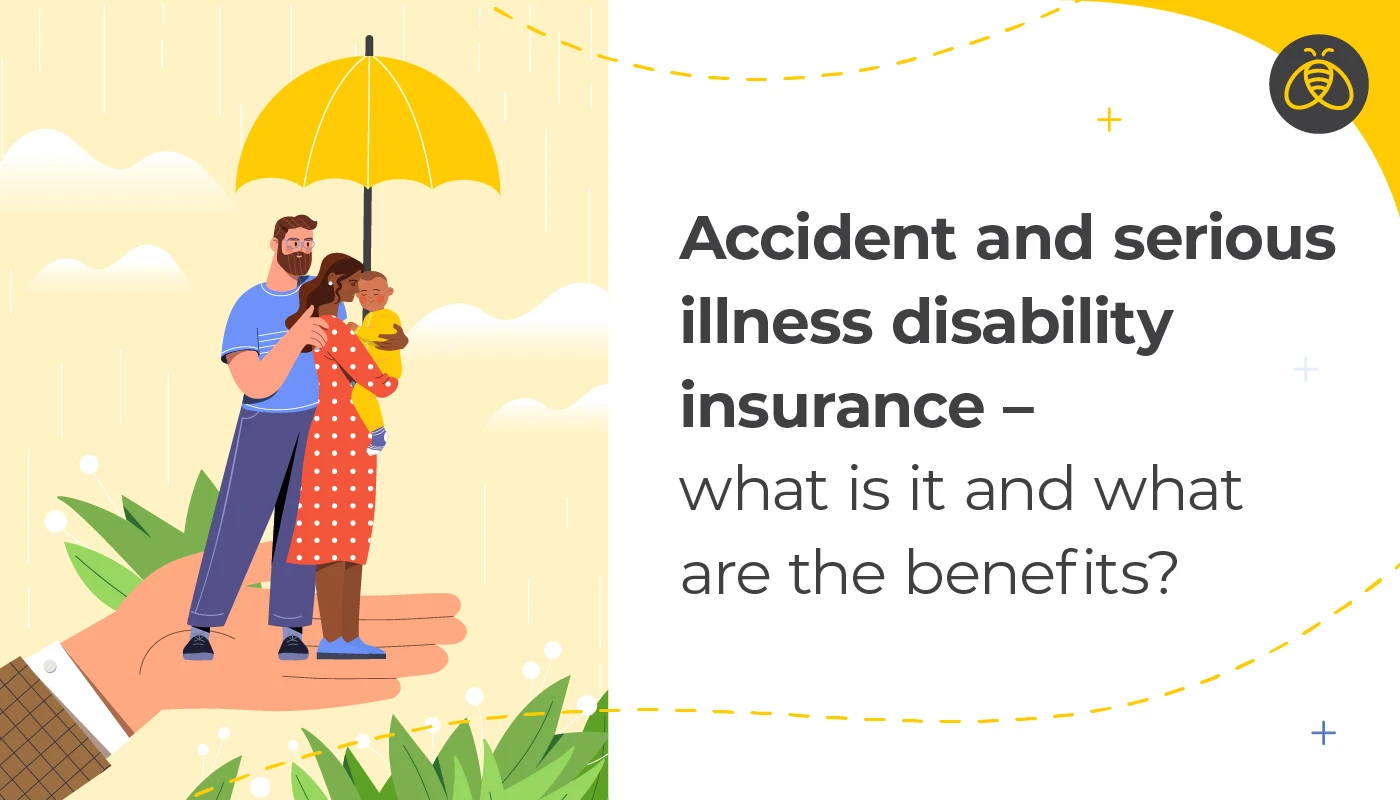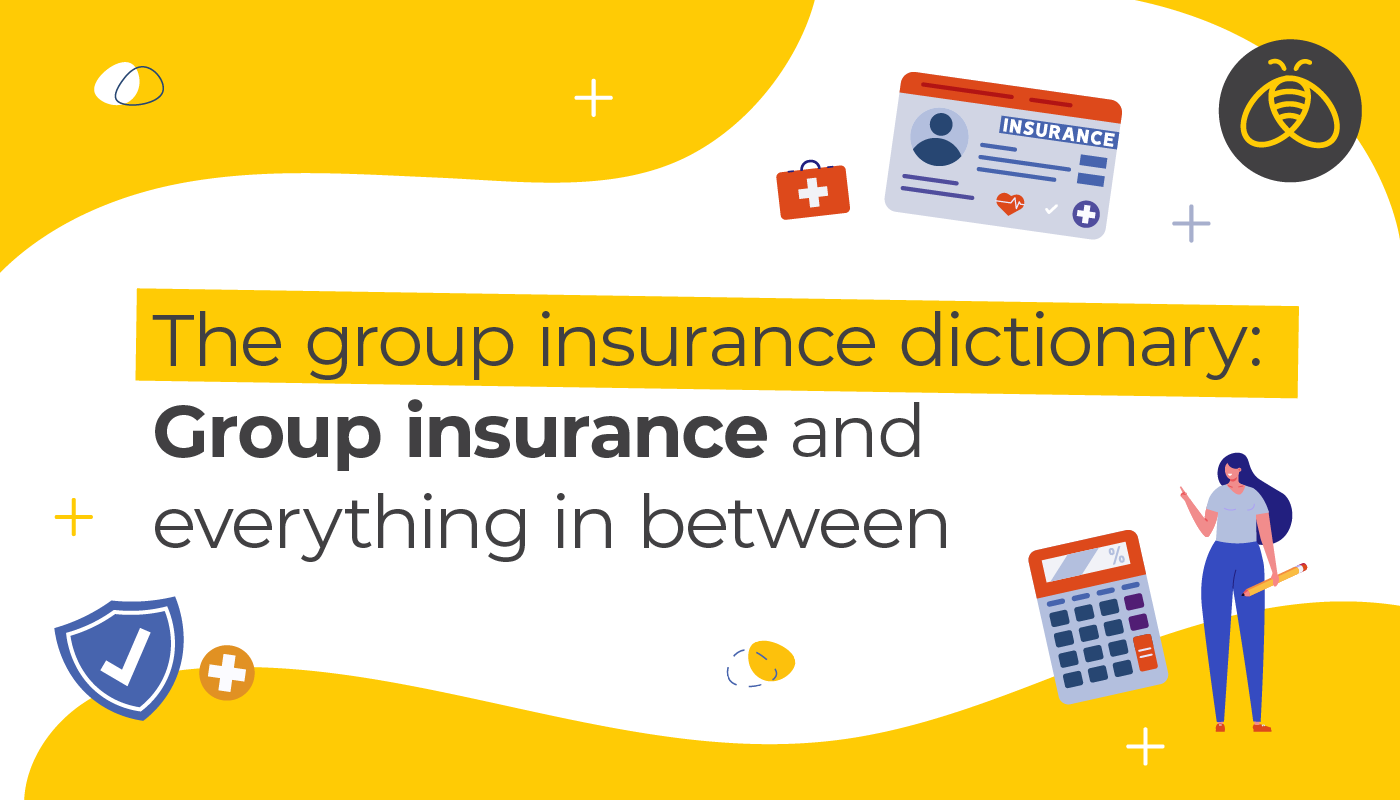Accident and serious illness disability insurance – what is it and what are the benefits?
By: Benefits by Design | Tuesday May 21, 2024
Updated : Thursday May 16, 2024
Accident and serious illness disability (ASID) insurance was created to fill a very specific need within the group insurance industry.
When an employee becomes disabled, it’s important for them to be able to continue paying their bills and buying food while they recover. Most employees can be covered by short- and/or long-term disability (LTD) insurance. However, some occupations are so hazardous that insurers generally find them too high-risk to provide regular disability coverage.
So, what can these employers do to provide their employees with peace of mind? Especially in a job that has a higher possibility of requiring the benefit?
What is an accident and serious illness disability plan?
Accident and serious illness disability plans are a more sustainable and less expensive solution for group disability benefits. They focus on the needs of employees with a severe injury or a life-changing physical health condition by only providing a benefit for disabilities caused by an accidental injury or a serious illness.
They combine the attributes of accidental death and dismemberment (AD&D) insurance, critical illness insurance, and LTD coverage.
Unlike LTD coverage, however, the reason for the disability comes into play. Yet, similar to AD&D and critical illness, ASID insurance only covers employees if they suffer from one of a listed covered conditions.
Each policy may be different, so it’s important to confirm with your insurer which ones are covered under the plan you are purchasing, but here are some examples:
- Alzheimer’s Disease
- Cancer
- Coma
- Heart Attack
- Hip Replacement Surgery
- Kidney Failure
- Loss of Limbs
- Parkinson’s Disease
- Severe Burn
There are further important differences to note, which also help give ASID its unique ability to provide stable, cost-effective coverage.
Critical illness and/or AD&D coverage:
- Provide a single, lump sum payment.
- Eligible regardless of the employee’s ability to continue working or not.
ASID plan:
- Provides employees with a monthly income replacement benefit.
- Only eligible if the employee is unable to work, or during the time they are off work (for surgeries).
Scary statistics to make you rethink having critical illness insurance
What are the benefits of an ASID plan?
Accidents happen, and employees are no longer satisfied with working for companies that don’t provide coverage for life’s unexpected challenges.
However, some industries are so hazardous it can be difficult and expensive to pay for that coverage. Think mining, oil, construction, or forestry jobs. Other companies may not be in a high-risk industry, but they could suffer from bad claims experience. In both cases, ASID could be a perfect option.
Achieve a Sustainable Benefits Plan Using Your Claims Experience Data
Because it only pays a monthly benefit, if the employee is only off for six months (for example), the total benefit paid would be far less than that of a Critical Illness insurance lump sum payout. This means it affects the claims experience less overall.
Another way ASID plans mitigate risk is by only offering coverage for select disabilities or serious illnesses, rather than the broader LTD coverage. With fewer options for eligible claims, there is a decreased risk of a claim occurring, and rates can be set lower. Consequently, claims for mental health issues would not be eligible.
In this way, insurers can provide monthly income replacement coverage without the high risk, all at affordable pricing. Typically, ASID insurance is approximately one third the price of regular LTD coverage.
Employers who want to cover their employees in an industry where it’s hard to do so need look no further! Combining full accident and serious illness coverage with a monthly income benefit will give them the assurance they need to work stress free. No more wondering how they and their family might get by should they suffer from an injury which leaves them disabled.


